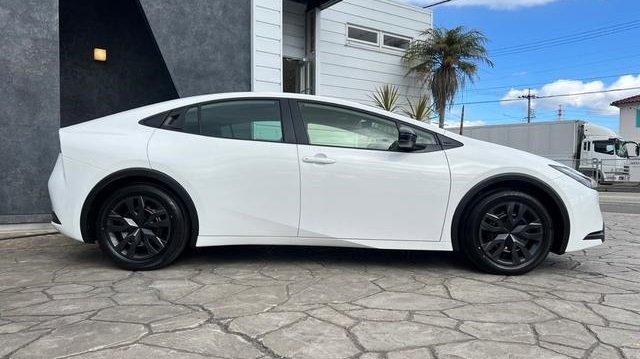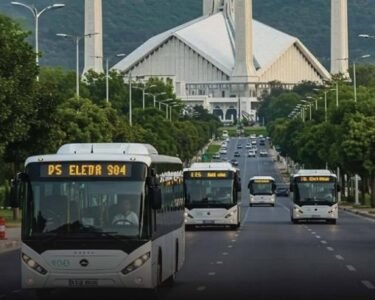In a significant policy shift, the federal government of Pakistan has announced the introduction of a flat 18% sales tax on all petrol, diesel, and hybrid vehicles, aiming to bring clarity and consistency to the country’s vehicle taxation framework. The new measure replaces the previously fragmented tax system that applied varying rates depending on engine type, fuel source, or vehicle category.
This reform, effective from the fiscal year 2025–26, is expected to impact both consumers and manufacturers across the automotive sector.
Why Introduce a Flat Sales Tax?
Under the previous tax regime, some smaller or hybrid vehicles benefited from reduced sales tax rates, ranging from 10% to 12.5%. While these incentives were designed to encourage low-emission vehicle use, they also created disparities that complicated pricing structures, tax compliance, and vehicle classification.
The introduction of a uniform 18% sales tax rate is meant to:
- Standardize taxation across all conventional and hybrid vehicles
- Reduce administrative burden for the Federal Board of Revenue (FBR)
- Enhance transparency for car buyers calculating total purchase costs
- Improve compliance from both sellers and importers
Impact on the Automotive Industry
For consumers, the move may increase the cost of small or hybrid cars that previously benefited from lower tax rates. First-time buyers and environmentally conscious drivers, who often opt for hybrid vehicles, may now face higher upfront costs.
For manufacturers and dealers, the simplified structure will streamline pricing strategies and reduce classification issues, particularly when importing vehicles or managing hybrid-electric model portfolios.
However, experts believe the long-term benefit lies in clarity and efficiency, particularly as Pakistan’s vehicle market continues to expand and integrate with global trends.
What About Electric Vehicles (EVs)?
It’s worth noting that fully electric vehicles (EVs) remain exempt from this sales tax reform. EVs in Pakistan currently enjoy significant tax incentives, including:
- Zero customs duty on specific EV imports
- Reduced sales tax rates (typically 1% for locally assembled EVs)
- Duty-free EV charging equipment imports
These policies are part of Pakistan’s Electric Vehicle Policy 2020–2025, which aims to achieve 30% electric vehicle adoption in passenger vehicles by 2030.
Industry Reactions
Industry insiders have expressed mixed reactions. While some applaud the transparency and simplification, others are concerned that higher taxes on hybrid cars could discourage eco-friendly vehicle adoption at a time when global markets are shifting towards cleaner transport solutions.
Looking Ahead
This move marks a key step in overhauling Pakistan’s auto taxation regime, but it may also push the government to revise EV incentives to keep the green transition on track. Policymakers have hinted that additional support for EV infrastructure and local assembly is under review for the next phase of the National Automotive Development Policy.
Disclaimer:
This article is based on publicly available policy statements and industry reports as of June 2025. Tax rates, policy implementation dates, and government incentives are subject to change. Readers are advised to consult the Federal Board of Revenue (FBR) or authorized tax professionals for the latest updates and personalized guidance.






